Canada Has One of the Highest

Canada Has One of the Highest Incidences of Asthma in the World
Asthma affects 2.74 million people in Canada. (Public Health Agency of Canada (2007)) Every year, about 250 Canadians die from asthma. Most of these deaths, however, could have been prevented with proper education and management. May is Asthma and Allergy Month.
Asthma is defined as a chronic inflammatory disease of the airway. It causes symptoms such as:
- Coughing or Wheezing
- Shortness of breath
- Tightness in the chest
Symptoms very from mild to severe and varies from person to person. Symptoms can appear a few times and then not appear again for long periods or can be constant with some people.
There are two types of triggers for asthma.
Inflammatory (allergic) Triggers – Cause inflammation of the lungs’ airways or tightening of the airways’ muscles. These can include:
- Dust mites
- Animals
- Moulds
- Pollens
- Certain Air Pollutants
Symptom (non-allergic) Triggers – These generally do not cause inflammation, but they can provoke “twitchy” airways, especially if they’re already inflamed.
- Smoke and other strong smelling substances like perfume
- Exercise
- Certain food additives
- Intense emotions
Aid for an Asthma Attack:
- Remain calm – and keep the person having the attack calm. Panic can cause difficulty breathing so do not add any stress to the situation.
- Have the person sit up – sit in a position to keep breathing unobstructed.
- If the trigger is known, remove it – For example, if an animal is nearby, have it move away and out of the room; or if someone is smoking, have them move or try to move the person having the attack.
- Ask the person having the attack about their emergency plan. Do they have their inhaler or anti-inflammatory agent with them? Do they know the dosage? Apply as quickly as possible in a safe manner.
If the attack subsides in a relatively short time, have the person contact their doctor to discuss the situation. If the attack is severe, immediately call 911 for assistance.
It’s important to note that asthma can be treated and a good quality of life can be achieved once treated properly. (Read more at Asthma Society of Canada)

